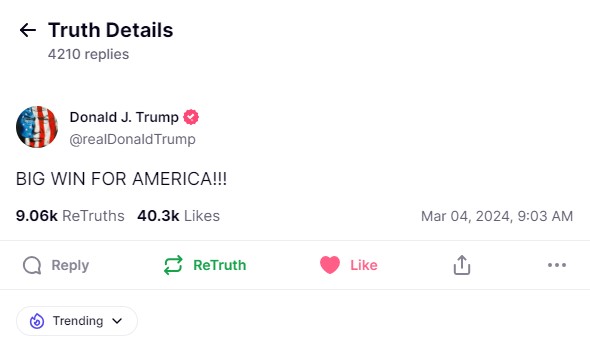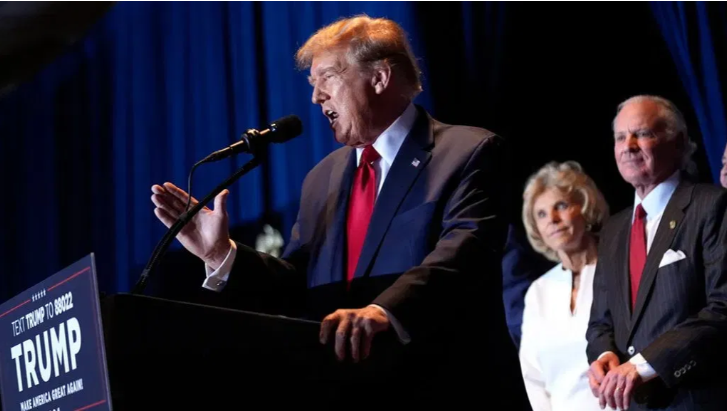During the Reconstruction era, the period after the American Civil War from 1865 to 1877, the United States grappled with the challenges of reintegrating into the Union the states that had seceded.
The US Congress in determining the legal status of African Americans passed the 14 Amendment to the US Constitution passed the Senate on June 8, 1866, and ratified it two years later, on July 9, 1868, it granted citizenship to all persons “born or naturalized in the United States,” including formerly enslaved people, and provided all citizens with “equal protection under the laws,” extending the provisions of the Bill of Rights to the states.
Check out my podcasts below:
The amendment authorized the government to punish states that abridged citizens’ right to vote by proportionally reducing their representation in Congress. It banned those who “engaged in insurrection” against the United States from holding any civil, military, or elected office without the approval of two-thirds of the House and Senate.
Fast forward to 2023/24, the Communists in the “Democratic” party in their haste to prevent former President Donald J. Trump from winning a second term in office filed bogus election lawsuits claiming that Trump should be removed from several states’ ballots due to the events that took place on January 6th, 2021.
In December the radicals won their case leading the Colorado Supreme Court to disqualify Trump from the 2024 ballot. All of the 7 Colorado Supreme Court justices who were Democrats appointed. 3 of them dissented from the ruling.
Today in a unanimous decision, The U.S. Supreme Court sided with former President Trump’s appeal of the Colorado Supreme Court’s ruling.  All nine justices ruled in favor of Trump in the case, which will impact the status of efforts in several other states to remove the likely GOP nominee from their respective ballots. The court considered for the first time the meaning and reach of Article 3 of the 14th Amendment, which bars former officeholders who “engaged in insurrection” from holding public office again. Challenges have been filed to remove Trump from the 2024 ballot in over 30 states.
All nine justices ruled in favor of Trump in the case, which will impact the status of efforts in several other states to remove the likely GOP nominee from their respective ballots. The court considered for the first time the meaning and reach of Article 3 of the 14th Amendment, which bars former officeholders who “engaged in insurrection” from holding public office again. Challenges have been filed to remove Trump from the 2024 ballot in over 30 states.
“We conclude that States may disqualify persons holding or attempting to hold state office. But States have no power under the Constitution to enforce Section 3 concerning federal offices, especially the Presidency,” the Court wrote.
Former President Trump posted his response to the decision on Truth Social. “BIG WIN FOR AMERICA!!!” 
The courts’ opinion added: “Conflicting state outcomes concerning the same candidate could result not just from differing views of the merits, but from variations in state law governing the proceedings that are necessary to make Section 3 disqualification determinations,” the opinion states. “The result could well be that a single candidate would be declared ineligible in some States, but not others, based on the same conduct (and perhaps even the same factual record).”
“The ‘patchwork’ that would likely result from state enforcement would ‘sever the direct link that the Framers found so critical between the National Government and the people of the United States’ as a whole,” the opinion says. “The disruption would be all the more acute — and could nullify the votes of millions and change the election result — if Section 3 enforcement were attempted after the Nation has voted,” it says.
“Nothing in the Constitution requires that we endure such chaos — arriving at any time or different times, up to and perhaps beyond the Inauguration,” it continues.
Justice Amy Coney Barrett in a concurring opinion wrote, “The Court has settled a politically charged issue in the volatile season of a Presidential election.”
Justice Brett Kavanaugh in his concurring opinion, “When you look at Section 3, the term insurrection jumps out,”
Kavanaugh said. “And the questions are, what does that mean? How do you define it? Who decides? Who decides whether someone engaged in it?” Kavanaugh noted the courts looked at these questions in an 1869 decision, known as “Griffin’s case,” which found that an act of Congress was necessary to enforce the 14th Amendment’s ban on insurrectionists holding federal office.
“These are difficult questions, and you look right at Section 5 of the 14th Amendment … and that tells you Congress has the primary role here,” Kavanaugh said. “I think what’s different is the processes, the definition, who decides questions really jump out at you when you look at Section 3,” Kavanaugh added.
Christian Talk Podcast
About The Author
Eric Thompson
Eric Thompson is a former US Marine, husband, father, follower of Christ, show host, opinion writer and a good driver based in Oklahoma.




